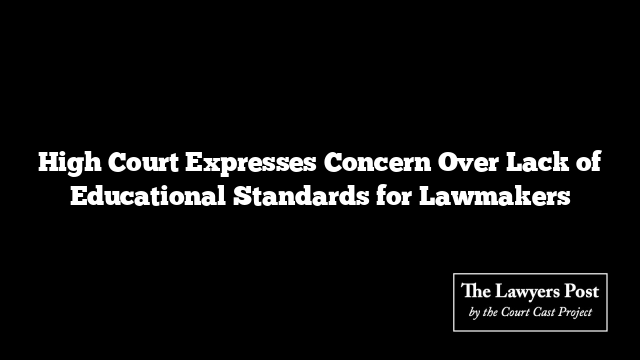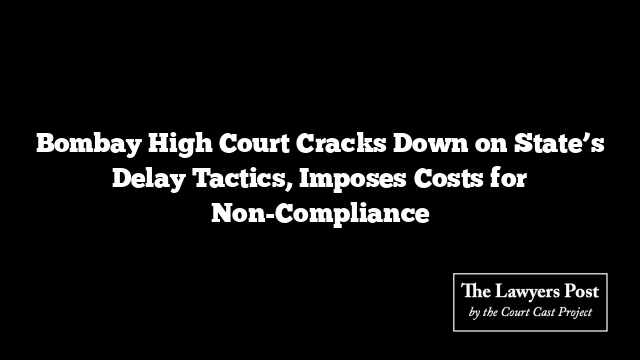In a recent ruling, the Punjab and Haryana High Court highlighted a long-standing concern voiced by India’s first President, Dr. Rajendra Prasad, regarding the absence of educational qualification requirements for individuals aspiring to become Members of Parliament (MPs) or Members of Legislative Assemblies (MLAs). The Court noted that despite the passage of nearly 75 years since Dr. Prasad expressed his regret, the issue remains unresolved.
This observation came as the Court upheld the dismissal of a criminal complaint against Rao Narbir Singh, a Bharatiya Janata Party leader and former MLA. The complaint, filed by RTI activist Harinder Dhingra, alleged that Singh had provided false information about his educational qualifications in his nomination papers.
The controversy centered around Singh’s claim that he graduated from “Hindi Vishvavidyalaya Hindi Sahitya Samımelan Praya” in 1986, later revised to “Hindi Vishvavidyalay Allahabad.” However, a response from the University Grants Commission (UGC) under the RTI Act revealed that no such university existed.
Justice Mahabir Singh Sindhu, presiding over the case, found that the lower court had rightly dismissed the complaint, citing that there were no sufficient grounds to summon Singh for criminal prosecution. The Court emphasized that while the degrees in question might not be recognized by the UGC, this alone did not constitute grounds for criminal liability, as the petitioner did not allege the degrees were fake or fraudulently obtained.
The Court further noted that the inconsistency in Singh’s declaration—regarding the year of graduation—was more likely a clerical error rather than an intentional falsehood warranting criminal charges.
In conclusion, the Court reaffirmed that, under current laws, there is still no educational requirement to run for public office in India, echoing the concerns raised by Dr. Prasad decades ago.





